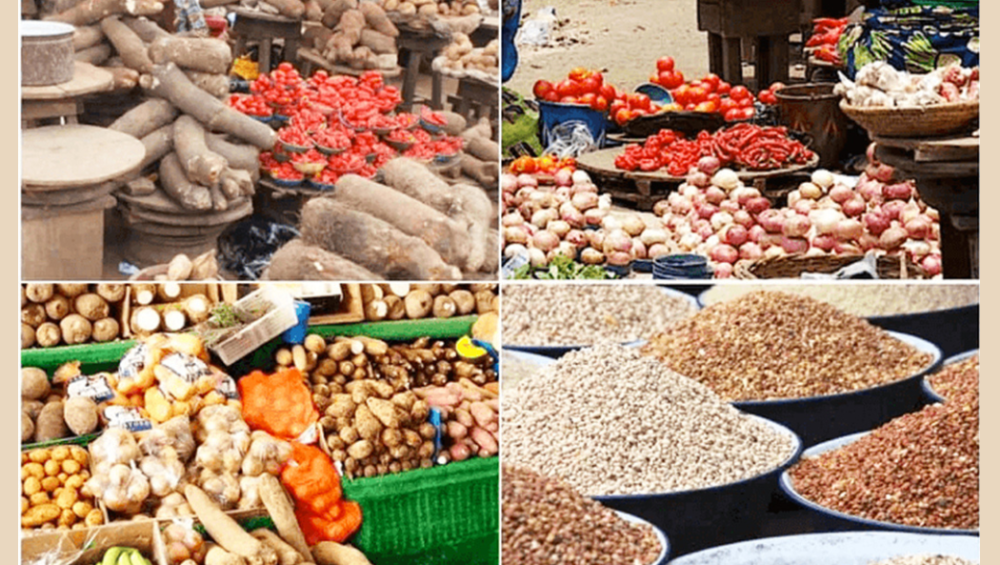Prices of essential foodstuffs, especially farm produce, are surging across Nigeria, even during the harvest season, as rising transportation costs and inflation take their toll.
In Owerri, residents link the price hikes to the removal of fuel subsidies. Cassava farmer Chikaodi Igbokwe lamented the skyrocketing costs of moving produce from farms to markets. “Transporting goods is so expensive now, and it directly impacts food prices,” she said.
Economist Henry Acho highlighted the broader inflationary trends. “The cost of food items is competing with rising expenses for basic services. It’s unrealistic to expect farmers or vendors to sell cheaply when everything—from education to healthcare—is inflating,” he explained.
Efforts to ease the burden are underway, according to Ken Chukwuemeka of the Imo State Ministry of Agriculture. He noted that the government had provided farmers with inputs and palliatives to cushion the impact of inflation.
Meanwhile, Harriet Ijeomah, Executive Director of Harsco Media and Communication, emphasized the need for farmer empowerment, particularly in southern Nigeria. “Empowering farmers through grants and education on climate change will boost food production and competition nationwide,” she said.
In Abia, agricultural stakeholders identified high inflation, transportation costs, and low farm yields as major contributors to rising food prices. Former Abia Commissioner for Agriculture, Prof. Monica Ironkwe, attributed the issue to naira devaluation and rural-urban migration. She urged a shift from subsistence farming to commercial agriculture, warning that current food production levels cannot meet the needs of the growing population.
“A bottle of palm oil that used to cost N10,000 for 25 liters now sells for N60,000. The solution lies in scaling up production. If more people engage in farming, food supplies will rise, and prices will stabilize,” Ironkwe added.
She also proposed making Practical Agriculture a mandatory university course to foster a generation of farmers equipped to address Nigeria’s food insecurity challenges.
As inflation persists, experts agree that proactive measures, including empowering farmers and embracing commercial agriculture, are critical to easing Nigeria’s food crisis.





